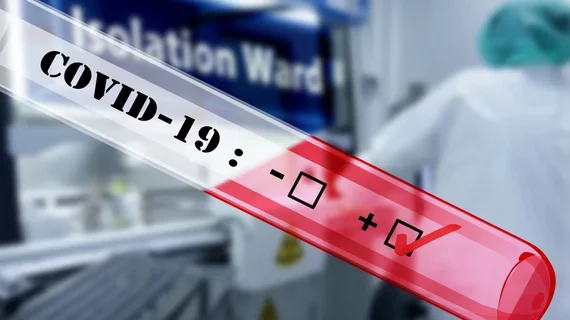ACR will coordinate imaging for upcoming COVID study
The American College of Radiology will coordinate imaging for an epidemiological deep dive into the pandemic.
ACR made the announcement Monday, noting its Center for Research and Innovation will work alongside the Oregon Health & Science University on the multicenter COVID-19 Observational Study, or CORAL.
Researchers will include adults confirmed with the disease who were admitted to hospitals between March and April. The ACR will gather imaging exams on participants, establish a link between the scans and clinical data, archive the images and, eventually, ensure they’re available to the investigators.
Study lead, Catherine “Terri” L. Hough, MD, of OHSU, said CORAL findings will help inform how the virus is distributed and its possible risk factors, in addition to assisting resource utilization efforts.
Funding comes by way of the NIH’s National Heart, Lung and Blood Institute. CORAL is part of an overarching consortium of U.S. hospitals known as the Prevention & Early Treatment of Acute Lung Injury Network, or PETAL.
“We at the ACR are pleased and proud to be part of the effort by our colleagues who are caring for patients suffering with COVID-19 who require hospital care,” Etta Pisano, MD, chief research officer of the ACR, said in a statement. “We hope the collection of imaging and clinical data that the PETAL project creates will lead to improved treatment and diagnosis of COVID-19 complications, including advanced lung disease, stroke and cardiac dysfunction.”
Both the ACR and Radiological Society of North America have been heavily involved in assisting with imaging-based research into the pandemic. The former launched a COVID-19 imaging registry in June and was selected as a repository for an ongoing study into potential treatments.
RSNA launched its own database of COVID-19 medical images in June, making it free for radiologists and researchers.

